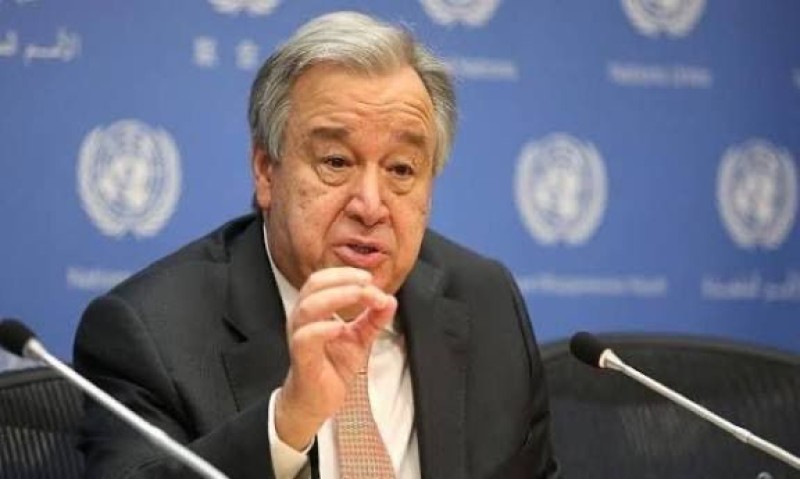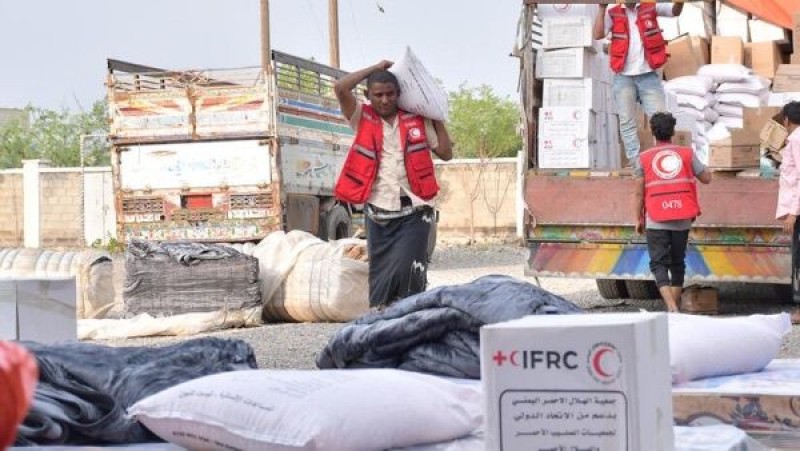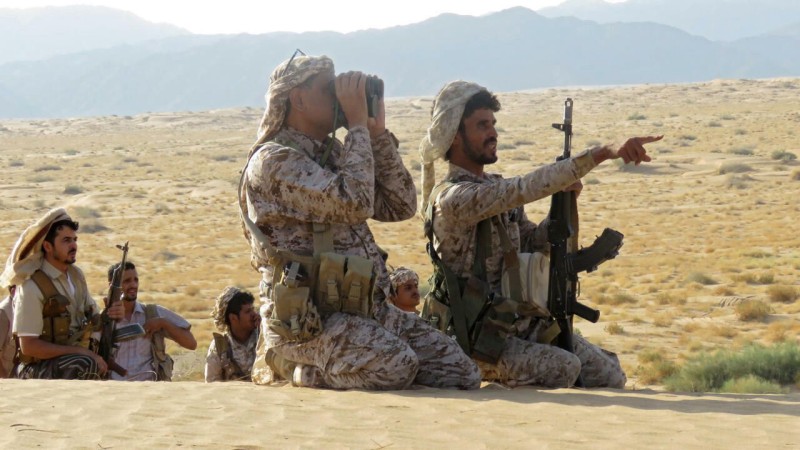Yemen war now in final phase, coalition says


MANAMA // The conflict in Yemen has reached its final phase with peace talks expected to resume soon, and the Houthi rebels can have a role in government if they agree to disarm, senior Gulf officials said on Saturday.
“The Houthis and [former president Ali Abdullah] Saleh have agreed to [UN Security Council] resolution 2216 and agreed to enter peace talks,” Saudi Arabia’s foreign minister Adel Al Jubeir said at the annual Manama Dialogue, a regional security conference organised by the International Institute for Strategic Studies.
“We expect some bumps in the road ... [but] the Yemeni conflict, God willing, has entered its final phase.”
Bahrain, a member of the Saudi-led coalition seeking to restore the government of president Abdrabu Mansur Hadi, reiterated the coalition’s stance that the Houthis have a legitimate political role to play in Yemen if they agree to coalition demands.
“We are committed to a long-term political solution in Yemen. The Houthis can have a future in Yemen so long as they lay down their arms, abandon ties to terrorists and participate in the legitimate political process,” said Bahrain’s foreign minister, Sheikh Khaled bin Ahmed Al Khalifa.
Mr Hadi’s internationally-recognised government and the rebel forces have agreed to meet soon in UN-brokered talks.
“The focus now is on getting to a political negotiation based on the UN Security Council resolution, and based on the very good work that was done before the Houthis took action … [and there is] now a prospect for achieving what was interrupted by the Houthi aggression,” said US deputy secretary of state Antony Blinken, also speaking in Manama. “We’ve heard positive statements from the Houthis, from [former] president Saleh in recent days about their willingness to do that. “
Mr Blinken said the United States “felt strongly that when the Houthis tried to take over the country by force and threatened our Saudi partners that that should not stand, so we joined in supporting the efforts led principally by Saudi Arabia and the United Arab Emirates to ... reverse what the Houthis tried to do by taking over the country by force and to get back to a political process and to negotiations to decide the future of the country and that’s exactly where we are now”.
The US, which provides logistical and targeting assistance to the mainly Gulf coalition, has raised increasing concerns about the conflict’s humanitarian toll, including the coalition’s blockade of Yemen, which is aimed at preventing arms reaching the Iran-backed Houthis, but has also limited food and energy imports.
Sheikh Khaled said the coalition had now opened Aden airport and many of Yemen’s seaports. “The only items not allowed into Yemen are weapons,” he added.
The Shiite Houthis have been supported by Iran, though there is no consensus among Western officials or regional experts on the levels of support. Fears that Iran would put in place a proxy power on the GCC’s southern border was one of the main reasons for the coalition’s intervention.
Highlighting concerns over Iran’s projection of power into the Arabian Gulf through allies, Sheikh Khaled said that Tehran has hosted Bahraini terrorists from the majority Shiite community in military camps where they were trained in explosives, marksmanship and smuggling techniques.
He said Bahrain has confiscated C-4 explosives, Claymore mines and AK-47 assault rifles that Iran had provided to Bahraini militants.
The National

New York — United Nations Secretary-General António Guterres told the Security Council that the operating environment in areas under t…

Geneva — The International Federation of Red Cross and Red Crescent Societies (IFRC) has announced a funding appeal of more than 54 million U…

Sana’a — International reports have revealed that Yemen’s Houthi movement is redirecting its drone and missile capabilities towar…